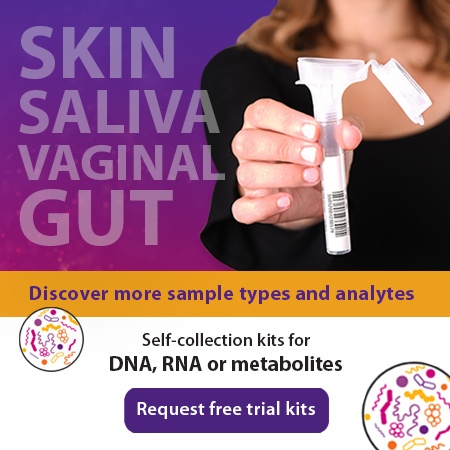2019-09-17
This week, I interviewed Dr. Charlie Lees and Lee Murphy, investigators for the PREdiCCt Study (Prognostic effect of environmental factors in Crohn’s and Colitis). PREdiCCt is a major study at the University of Edinburgh that is actively recruiting now. This is the first study of its kind and it is directed towards understanding how environmental factors and the gut microorganisms influence Inflammatory Bowel Disease (IBD) flare and recovery. In this podcast, I speak with Chief Investigator Dr. Charlie Lees and Lee Murphy, Genetics Manager at the Edinburgh Clinical Research Facility about the progress to date on the PREdiCCt study, and what they hope to learn.
You can listen to the full podcast here and selected highlights are below:
Podcast highlights
Dr. Lees, what inspired you to start the PREdiCCt project?
A decade of gene discovery experiments in the IBD space and Crohn’s disease and ulcerative colitis has been phenomenally successful. It really has been at the forefront of complex disease genetics. We now have well in excess of 250 IBD susceptibility genes for IBD. However, it became increasingly apparent to me as I was in the clinic and talking to other researchers around the world, that the genetics was only really explaining a small proportion of what happened when someone developed IBD and was explaining less and less of what happened to people after a diagnosis. I became increasingly aware that across the world, countries that previously had very low rates of IBD were seeing a massive upsurge…….. And we think that’s being driven by rapid environmental shifts, dietary changes are more countries urbanize and adopt a western lifestyle. I wondered how all these different variables, not just genetics, but environment, diet and most importantly the gut microbiome was influencing the disease course after someone developed IBD.
What questions is the PREdiCCt study looking to solve?
Ultimately, we are powered to address the questions of what aspects of habitual diet and the microbiota including diversity as well as specific alterations that are associated with disease flare in patients whose disease is in remission at baseline.
Can you explain the importance of the multiomics aspect of this project?
You can go as large or as superficial as you wish and that’s been one of the challenges with PREdiCCt. The multiomics side of PREdiCCt as it stands at the moment is the clinical phenotype, the environmental exposures plus the microbiome and genomics. The multiomics aspect of this to me is really important.
Are you following your participants over a period of time and collecting samples at multiple time points?
We get one sample from everyone at baseline and then every time they have a flare/inflammation event, they re-collect a sample and send the tubes back in.
Are there any speed bumps that you experienced for this project?
There are multiple different challenges along the way. We’ve had most of the standard ones like going through a relatively protracted set up phase, to then initiating a sufficiently large number of sites so that we can recruit at the kind of levels we always wanted to. This has been very successful in that we now have 42 active adult and pediatric sites across England, Wales, Northern Ireland as well as Scotland so we can recruit from the ages of 6 years upward. We’re recruiting 120 to 150 patients a month which is phenomenal for this kind of in depth, longitudinal, multiomics based study. Funding is a perennial problem and funding cohorts for research is something that is difficult to do, and trying to ensure that we have robust and accurate data provided at all points along the way.
Interested in collecting stool samples for your own microbiome study? Find out more about OMNIgene·GUT and request free samples today by clicking the banner below.


